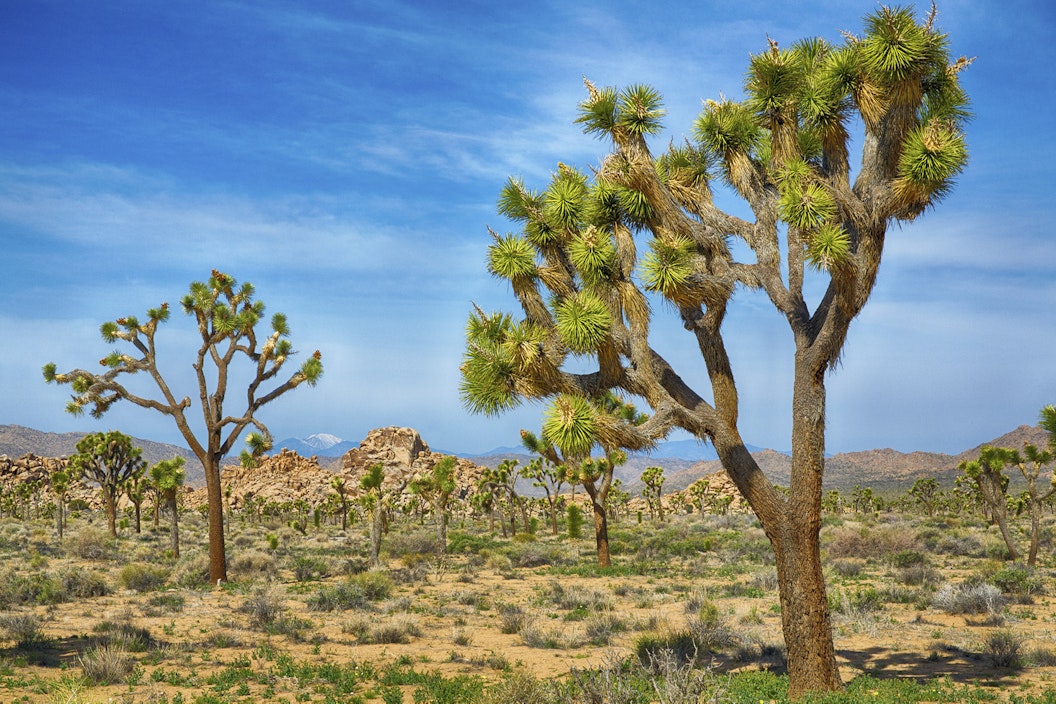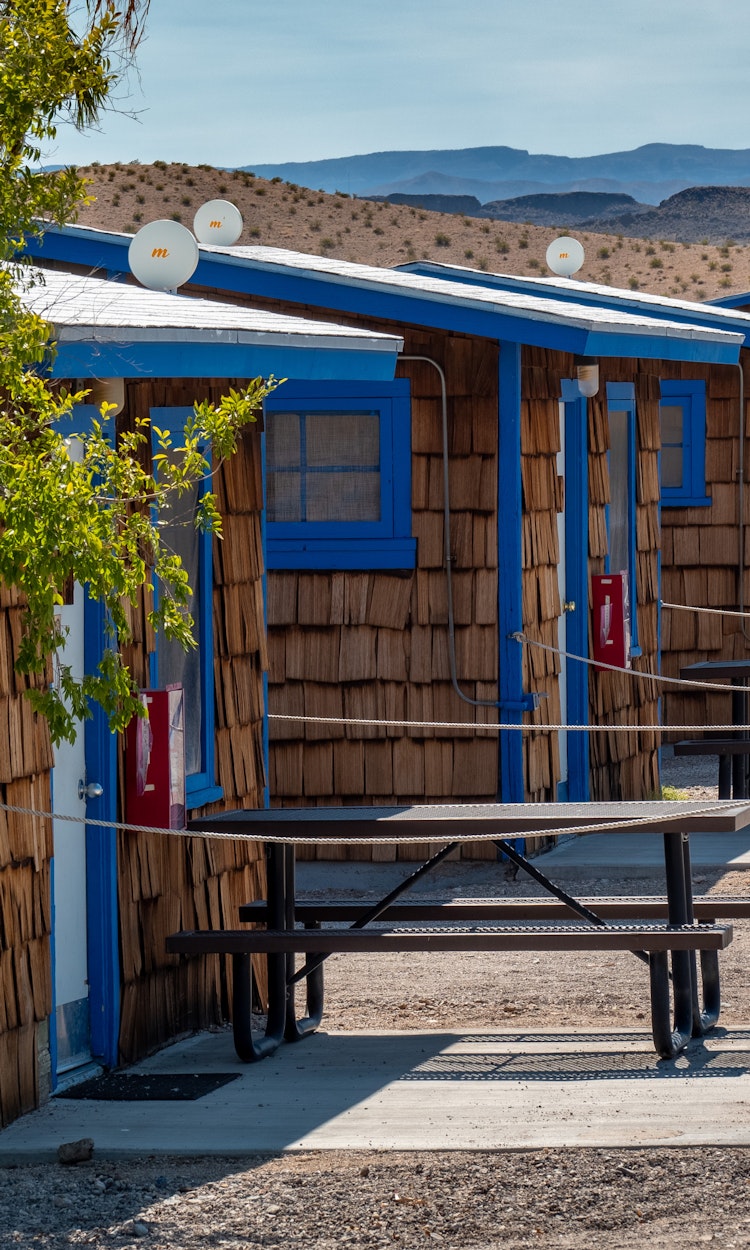
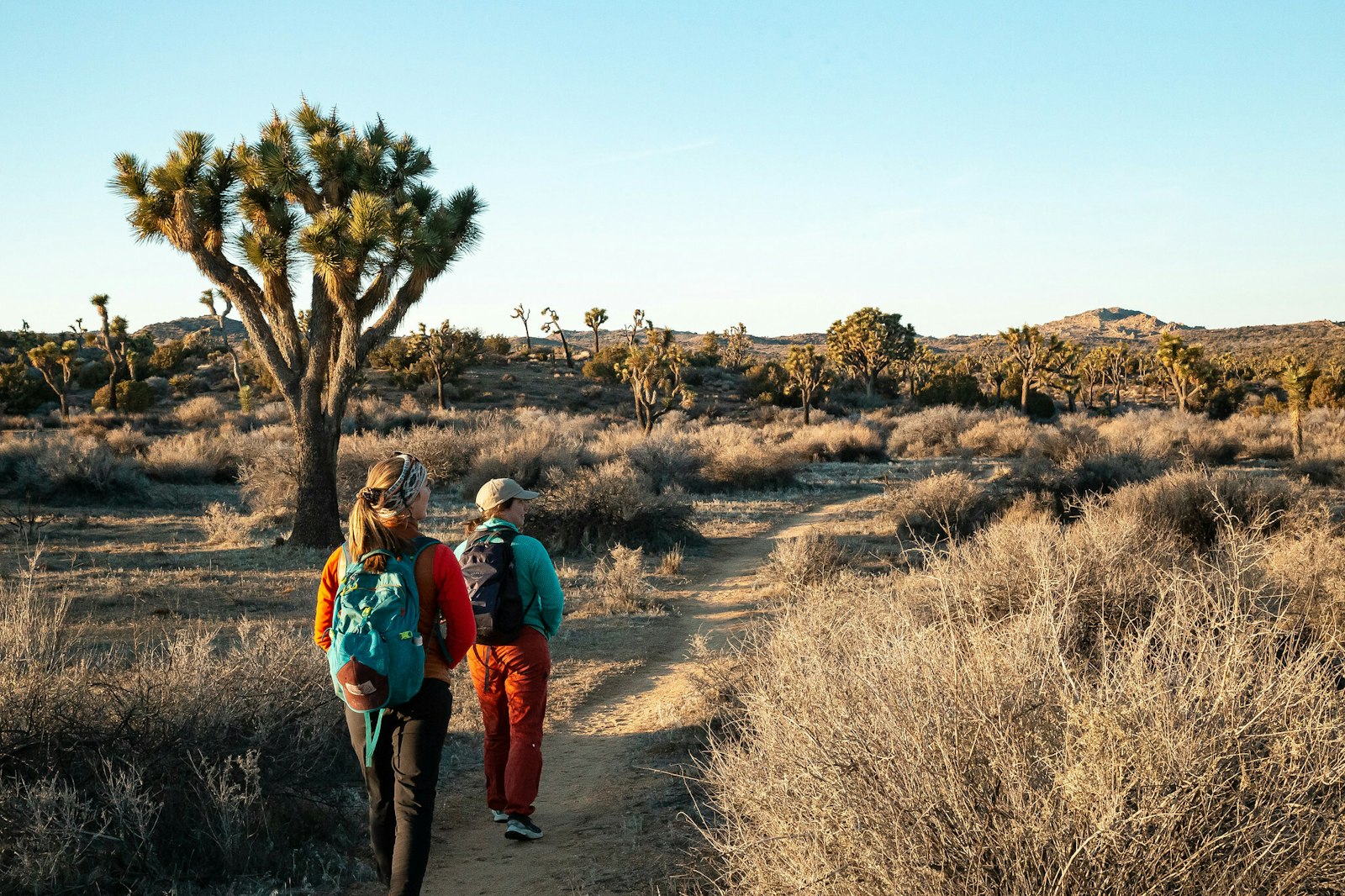
.
.
A grant from the National Park Foundation (NPF) enabled Joshua Tree National Park to buy an electric vehicle and install a new charging port for the car to help reduce emissions at the park, as well as upgrade a campsite to meet accessibility standards for an improved visitor experience.
Thanks to NPF’s support, the park was able to purchase an electric car – the first all-electric vehicle in the park fleet – for park rangers to educate nearby students on wildlife, plants, history, Native American connections, impacts to the park from climate change and fire, and how students can be good stewards of the land. So far, rangers have reached many elementary schools in the Coachella Valley, and more beyond, with park-related programming. Joshua Tree National Park rangers typically connect with about 15,000 students each school year.
The electric vehicle jumpstarted the park’s goal to minimize greenhouse gas emissions and is helping make its education programs more sustainable; these programs require driving long distances to connect with schools. Already, the car has enabled a 40% reduction in greenhouse gas emissions and a 70% reduction in energy usage compared with a gas-fueled car. NPF funds also supported the installation of an electric vehicle charging port at a park maintenance building.
The project supports the National Park Service’s (NPS) Green Parks Plan goal of greening rides by adopting zero-emissions transportation methods as part of the broader NPS vision of achieving net-zero status at parks. In the years to come, NPS aims to transition all its eligible federal fleet and visitor transit vehicles to zero-emission vehicles like the one in use now at Joshua Tree.
NPF is committed to supporting those priorities through its Resilience & Sustainability program, which invests in projects at national park sites that reduce environmental impact and make parks more resilient and sustainable.
Expanding Accessible Campsites
Support from NPF also enabled the park to upgrade two campsites so that they meet accessibility standards.
NPS staff and crews from American Conservation Experience and Youth Conservation Corps worked in summer 2022 to transform a campsite at Indian Cove Campground to be fully accessible. Crews removed the old picnic table and fire ring, re-sloped and stabilized the surface, increased the size of the campsite, replaced the sandy surface with hard ground, and installed a new accessible picnic table and fire ring and accessible-identifying signage.
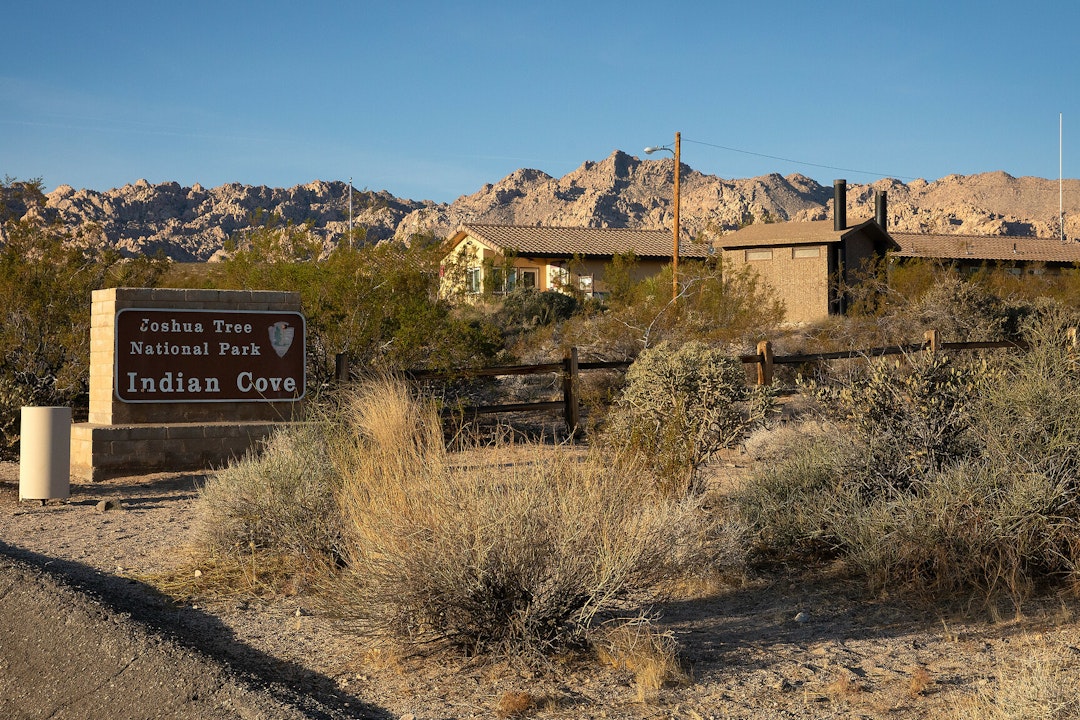
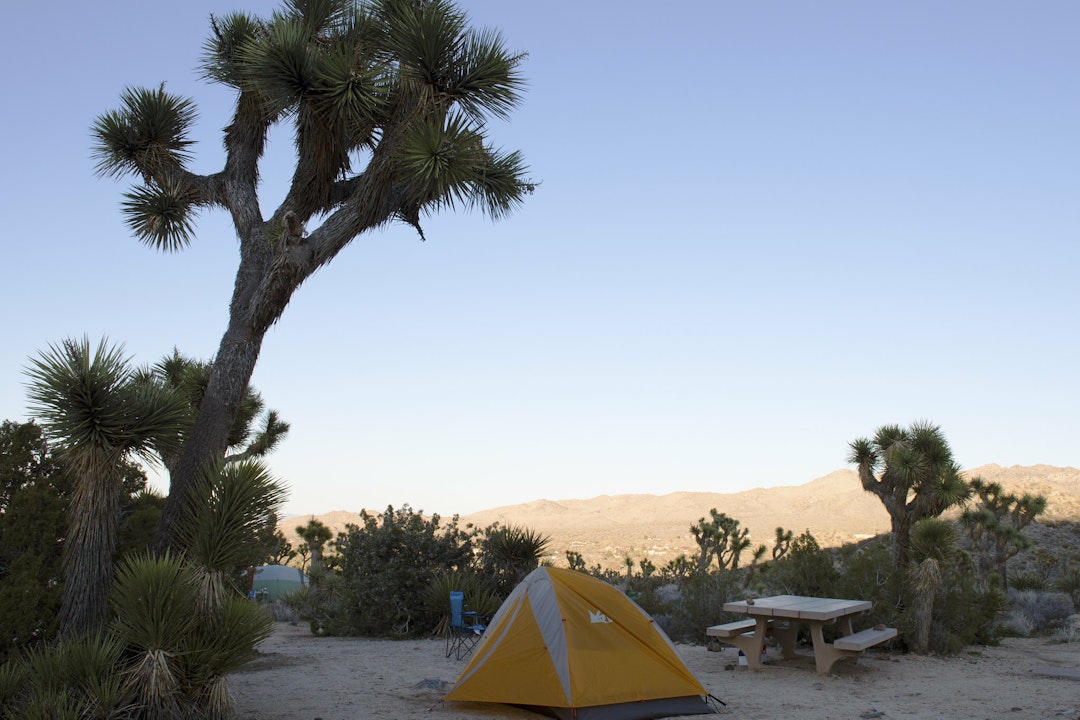
That campsite – and one other to come soon at Black Rock Campground – is expanding camping access for people who previously couldn’t easily camp in the park. Many visitors have already used the completed accessible campsite, including during a disabled veterans rock climbing event. Adaptive climbing enthusiasts have requested the park install additional accessible campsites, and envision the park as a place where this sport can expand and set an example for other public lands.
The project is one of many efforts NPF is supporting to help make parks more accessible and inclusive so that everyone can enjoy and experience our incredible national parks.
Related Programs
-
 Campground Experiences of the Future
Campground Experiences of the Future -
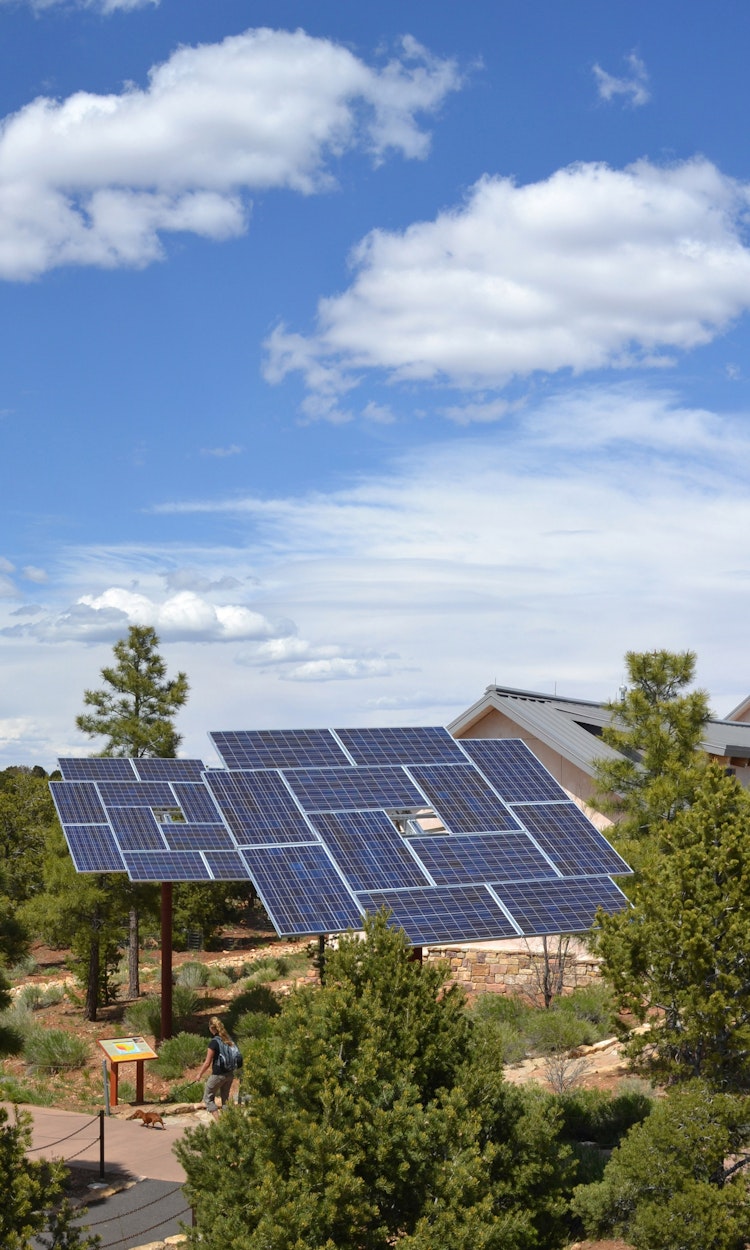 Reducing Energy
Reducing Energy
